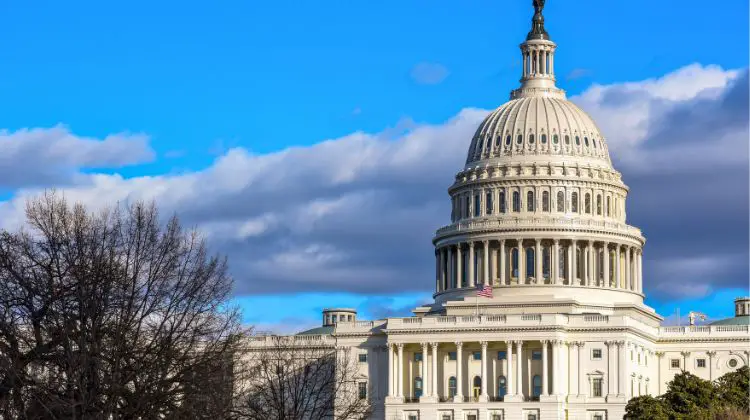
The Major Richard Star Act is a crucial piece of legislation aimed at reforming disability compensation for veterans. It focuses on medically retired veterans with combat-related injuries and less than 20 years of service. This act is vital because it addresses the current offset between military retired pay and Veterans Affairs (VA) disability compensation.
Table of Contents:
- Understanding the Issue: Concurrent Receipt
- What is the Major Richard Star Act?
- Who Qualifies Under the Major Richard Star Act?
- The Impact of the Major Richard Star Act
- Arguments For and Against the Major Richard Star Act
- What Veterans Need to Know About the Major Richard Star Act
- Conclusion
Understanding the Issue: Concurrent Receipt
Current law allows military retirees with 20 years of service and a 50% or higher VA disability rating to receive both their full military retirement payments and VA disability benefits. This is concurrent receipt. However, medically retired veterans with less than 20 years of service, often due to combat-related injuries, don’t receive this benefit.
Their VA disability compensation offsets their military retirement, reducing their overall financial support. This disparity affects thousands of veterans, leaving them with significantly less income than their counterparts who served 20 years.
What is the Major Richard Star Act?
Named after Major Richard A. Star, a decorated war veteran medically retired due to combat-related injuries, the Major Richard Star Act proposes a change to concurrent receipt. The act would allow combat-injured, medically retired veterans with less than 20 years of service to receive both their full retirement pay and VA disability compensation without the offset. This legislation impacts many Chapter 61 retirees and those injured while serving the country.
Who Qualifies Under the Major Richard Star Act?
Eligibility under the Major Richard Star Act includes former service members medically retired with less than 20 years of service. They must also qualify for Combat-Related Special Compensation (CRSC). This includes veterans retired for injuries sustained in combat and combat-related training. The Wounded Warrior Project provides a helpful resource on the Major Richard Star Act for further information on eligibility requirements.
The Impact of the Major Richard Star Act
This act would significantly improve the financial well-being of eligible veterans. Many could receive hundreds of dollars more each month. This increase is especially vital given rising living costs, healthcare expenses, and the unique challenges faced by disabled veterans.
Arguments For and Against the Major Richard Star Act
Support for the Act
The Major Richard Star Act has received bipartisan support in Congress, with a bipartisan group co-sponsoring the bill in both the House and Senate. Veterans groups strongly advocate for its passage, recognizing it as long overdue recognition of sacrifices made by injured service members. Many view the act as vital for the financial well-being of veterans medically retired due to injuries sustained while serving the country.
This is especially true given the current economic conditions and cost of living increases. Many younger veterans are vocal on social media, demonstrating broad support for the act.
Challenges Facing the Act
Despite strong bipartisan support and backing from veterans groups, including foreign affairs organizations, the act faces obstacles. The projected cost, estimated at $10 billion over ten years, is a significant concern for some lawmakers. There are also procedural hurdles within Congress. These include challenges in attaching the Major Richard Star Act to other bills.
Understanding the need to find solutions for recouping separation pay, and other resources like a 2014 RAND study on military compensation reform offers valuable insights into the intricacies of this topic. RAND reports offer in-depth analyses of the intersection of these programs including analysis on PTSD and TBI dating back from 2002 to 2017. The RAND Epstein Family Veterans Policy Research Institute provides further research on veterans’ policy issues.
What Veterans Need to Know About the Major Richard Star Act
While the Major Richard Star Act’s future is uncertain, veterans should remain informed and proactive. Stay updated on legislative developments. Engage with online VA resources on disability compensation. Communicating with your congressional representatives is essential to voice your support for the Major Richard Star Act.
| Action | Resource |
|---|---|
| Stay informed about VA disability compensation. | VA Disability Resources |
| Seek assistance with VA disability claims. | Accredited Representatives |
| Learn more about the Major Richard Star Act. | The Major Richard Star Act website |
| Information regarding DoD retirement plans. | DoD Retirement Plans |
| Access a self-service retirement platform. | Ask Retired Pay |
Conclusion
The Major Richard Star Act represents a crucial step towards ensuring that combat-injured veterans receive the full benefits they deserve. Congressman Gus Bilirakis has championed the bill and advocates for those medically retired before reaching 20 years of service. This act addresses a long-standing inequity in veterans’ benefits. It is a testament to the ongoing efforts to support those who have sacrificed for our country. The Major Richard Star Act acknowledges the financial challenges faced by disabled veterans. Passing this act is vital for honoring their service and ensuring their well-being.